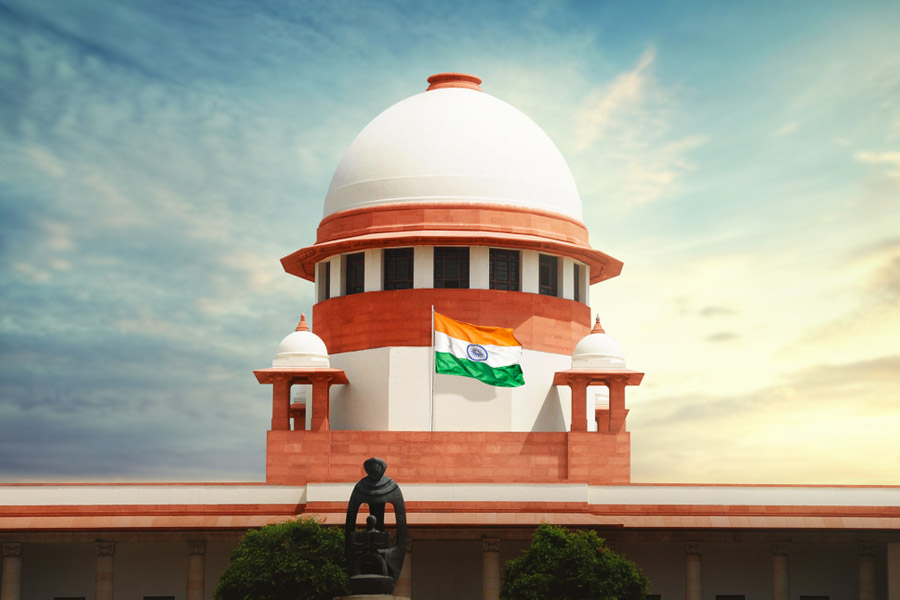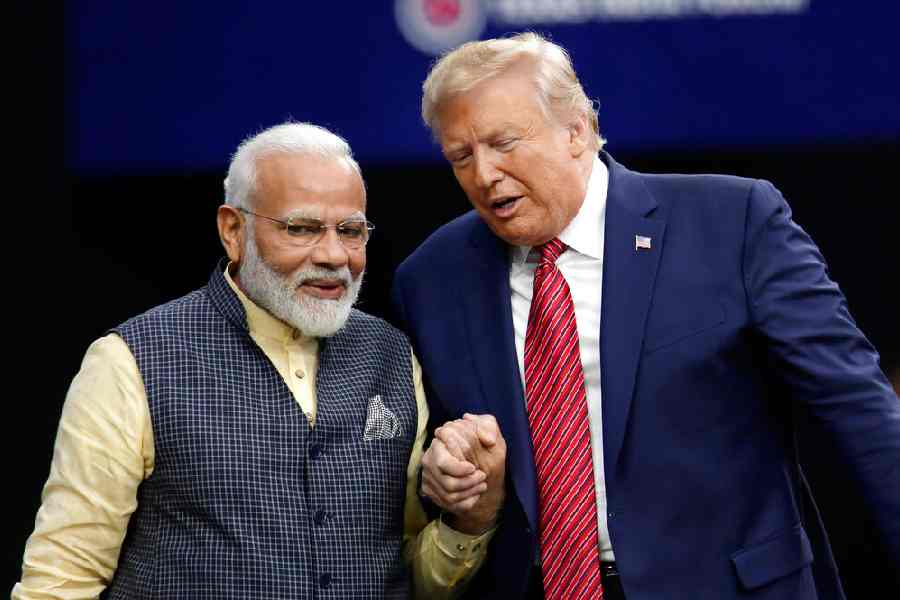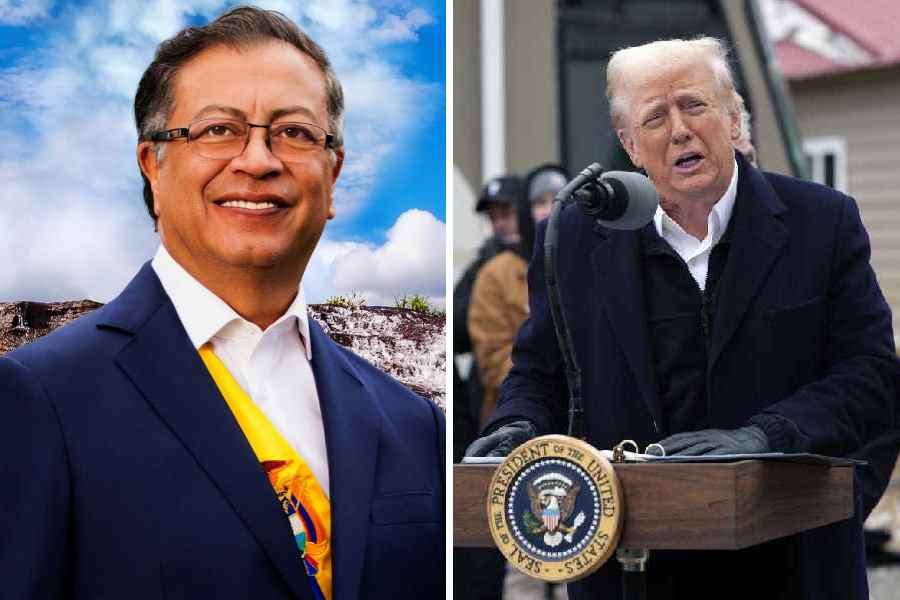The Supreme Court on Wednesday posted for hearing on November 21 the pleas challenging the constitutional validity of extending reservation to scheduled castes and scheduled tribes in Lok Sabha and the state assemblies beyond the original 10-year period contemplated in the Constitution.
A five-judge Constitution bench headed by Chief Justice D Y Chandrachud said it would examine the validity of the 104th Constitutional Amendment Act, which extended quota to SCs and STs in Lok Sabha and state assemblies by another 10 years.
The top court clarified that it will not go into the validity of the earlier extensions given for scheduled castes and scheduled tribes reservations through earlier amendments.
"The validity of the 104th amendment shall be determined to the extent that it applies to the SCs and the STs since the reservations for Anglo Indians has come to an end after the expiration of 70 years from the commencement of the Constitution," the bench, also comprising Justices AS Bopanna, MM Sundresh, JB Pardiwala, and Manoj Misra said.
The top court said the title of the proceedings shall be, "In Re: Article 334 of the Constitution".
Senior advocate C A Sundaram, appearing for the petitioners, submitted that the umbrella issue would be whether the constitutional amendments extending periods of reservation violated the basic structure of the Constitution.
Article 334 of the Constitution mentions the special provision of reservation of seats for Scheduled Castes and Scheduled Tribes, and the special representation of the Anglo-Indian community by nomination in the Lok Sabha and State Legislative Assemblies to cease after a certain period.
The top court had referred the matter to a five-judge bench on September 2, 2003, on a batch of pleas challenging the validity of the 79th Constitution amendment Act of 1999 providing reservation to SC/ST in Parliament and state Assemblies.
Except for the headline, this story has not been edited by The Telegraph Online staff and has been published from a syndicated feed.











